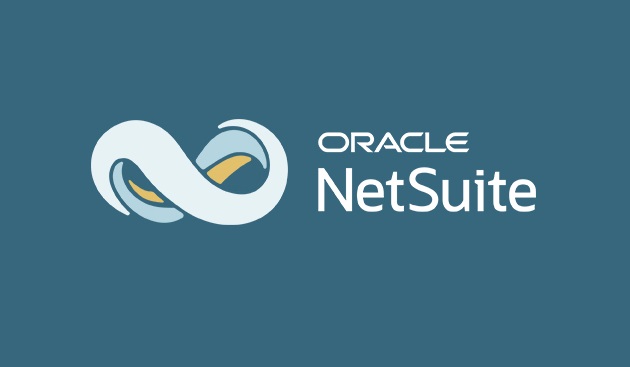Organizations are currently making or considering the somewhat painful move
to IFRS, yet despite the significant changes to asset valuation and management,
many are still relying on inaccurate and inefficient spreadsheet based processes.
The adoption of a fixed asset register not only streamlines year-end audits
and reduces reliance on specific, skilled personnel but also provides the detailed
insight into corporate assets required to attain maximum asset utilization across
the organization.
With many companies now reporting a capital expenditure freeze, the ability
to reuse and reinvigorate existing asset value will become increasingly important
as the recession bites, suggests Marcus Scholes, Vice President of U.S. Operations
for Real Asset Management International.
Good Housekeeping
As the U.S. remains mired in a significant recession, organizations across the
country are imposing far tighter financial controls – and capital expenditure
is being reduced to the bare minimum. Many of these entities are also facing
the pending mandatory transition from GAAP to IFRS accounting standards, which
may tempt some finance directors to batten down the hatches on new expenditures
and dig in for the long haul.
However, over the past decade of boom, organizations have invested heavily
in new assets and equipment. Manufacturing lines have been replaced, state of
the art IT infrastructure deployed and property portfolios extended. Yet very
few of these businesses have any real idea of where much of this asset base
resides, whether it is being effectively utilized or whether it has been disposed
of, despite still being depreciated on the balance sheet.
What happened to the assets that were replaced by the shiny, new equipment?
Are they being used across the business – or simply left unused in a forgotten
corner of a warehouse? With no budget forthcoming for new purchases, now is
the time to get an accurate handle on corporate assets to ensure maximum utilization
and value.
The Spreadsheet Dilemma
Another problem for many of these entities is that despite preparing for the
move to IFRS and adapting to the new requirements for asset accounting and revaluations,
the majority are still reliant upon spreadsheets to manage the asset register.
The process is cumbersome, prone to errors and provides the finance team with
no insight into an asset’s location or its current operational role within
the business. Those organizations that have moved to component accounting as
part of the shift to IFRS may have achieved a greater insight into the overall
asset register but still have no proactive way of imposing control over this
base. The result is a massive, highly valuable corporate investment that is,
to all extents and purposes, visible only on the balance sheet.
Yet businesses that can impose rigorous control over their asset register will
be in a far better position to maximize the existing, deceptively valuable,
asset base. They will have a complete picture of asset location and current
use; they will be able to keep track of assets – a key issue with the
growth in portable IT equipment. And they will be able to ensure that new employees
are not automatically purchasing brand new equipment but that existing, serviceable
assets are reused where appropriate.
In a recessionary climate, this degree of prudence and operational control
are essential. Businesses that take care of the pennies on the asset register
will soon start to see appreciable dollars appearing on their balance sheet.
Decreased Administrative Costs
With a good asset register in place, organizations can not only impose excellent
control over the management of assets but also streamline processes to reduce
their administrative overhead. Rather than relying on complex spreadsheets and
the expertise required to maintain them to manage depreciation calculations
and changes to the treatment of leased assets and impairments, organizations
can leverage an automated asset management solution to dramatically reduce monthly
and year-end processes.
This not only drives down administrative time but also reduces the reliance
upon one or two experts responsible for the creation of highly complex spreadsheets
that are impenetrable to anyone else on the finance team. By implementing a
simple and automated system, businesses can “de-skill” the asset
management role to gain further cost benefits. This strategy also supports the
growing trend towards centralizing the finance role for organizations with multiple
locations or operating companies. A centralized asset register supports the
move to a shared service center across the entire organization, delivering significant
financial savings.
In addition, automated generation of reporting combined with a full audit trail
significantly reduces the time taken to undertake the year-end audit and confirm
the asset value – resulting in a reduction in auditor fees.
Asset Value
It seems extraordinary that so many organizations are making the painful transition
to IFRS, with its associated implications for asset valuation, without recognizing
the administrative overhead and inaccuracy created by reliance upon spreadsheets.
The fixed asset register is key to business value in many ways. Disaster recovery
strategies, business continuity plans, insurance claims and due diligence during
a merger or acquisition all begin with the information recorded in the asset
register.
Those businesses that recognize the need for a tailored asset management solution
rather than a massive spreadsheet will not only enable maximum asset utilization
and achieve a reduction in administrative cost, but will be in a very strong
position once the economy swings around again.
Thanks for reading CPA Practice Advisor!
Subscribe Already registered? Log In
Need more information? Read the FAQs
Tags: Technology



